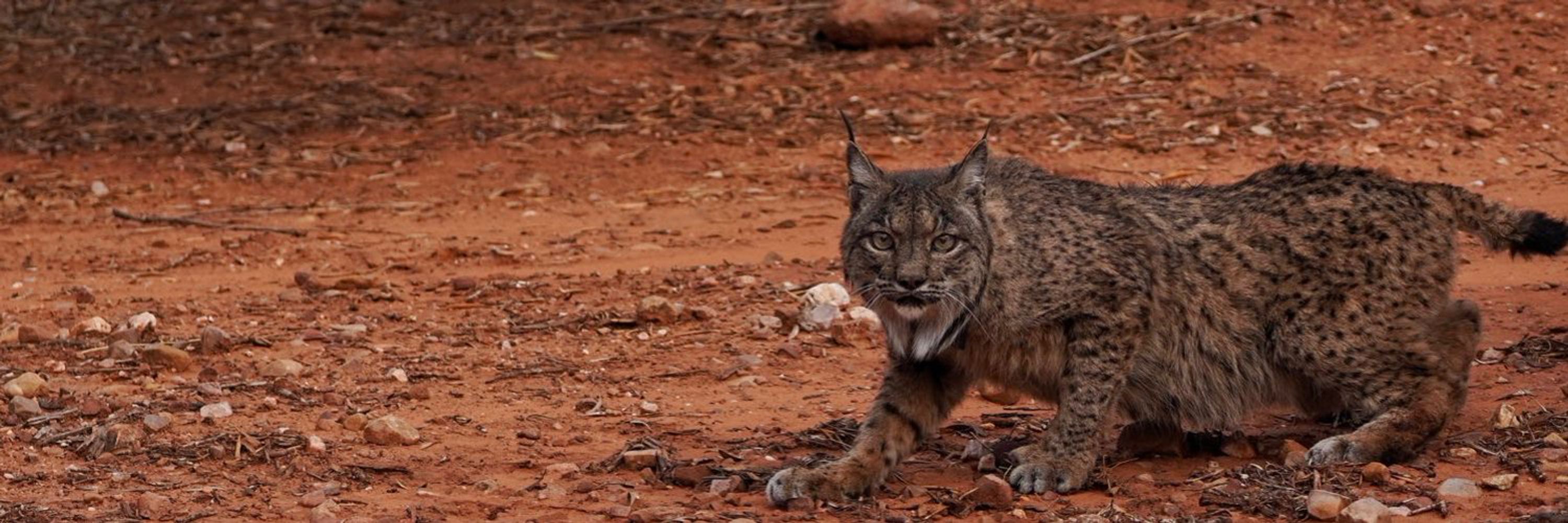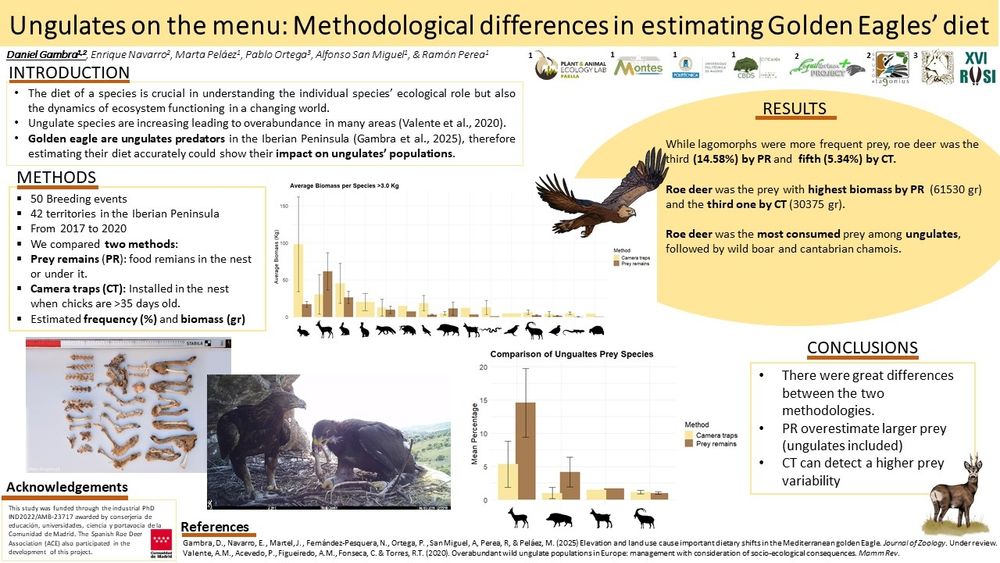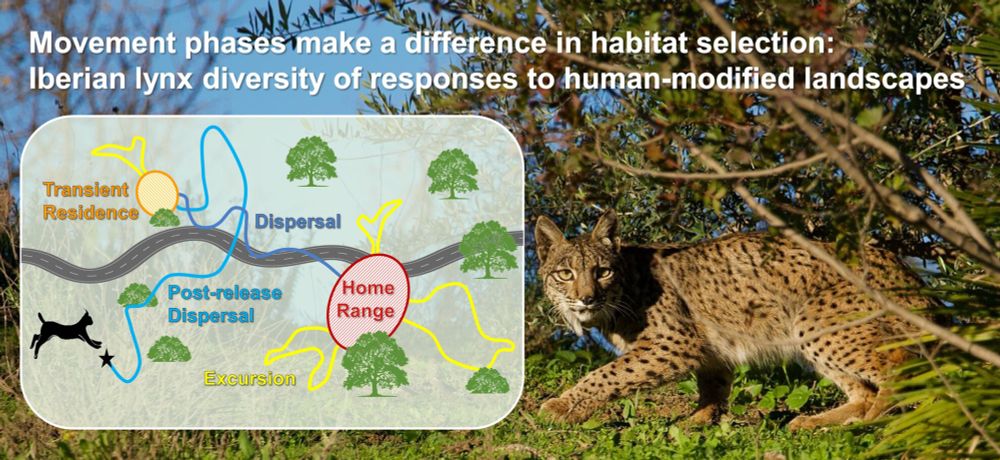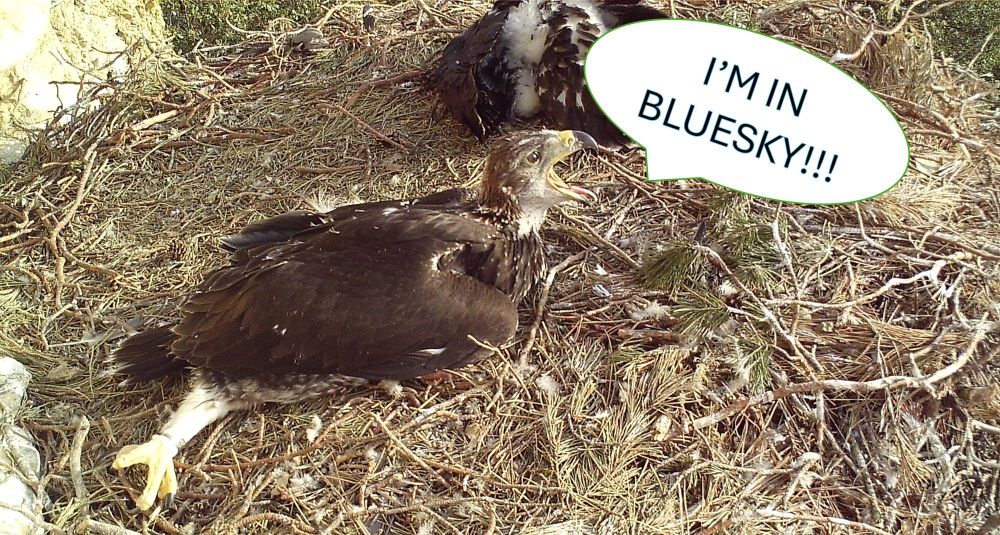Pablo Cisneros Araujo
@pabcis.bsky.social
31 followers
37 following
4 posts
Interested in Movement Ecology, Biodiversity Conservation, Rewilding.
Postdoc at FPNCYL & UPM
Posts
Media
Videos
Starter Packs
Reposted by Pablo Cisneros Araujo
Reposted by Pablo Cisneros Araujo
Reposted by Pablo Cisneros Araujo
Pablo Cisneros Araujo
@pabcis.bsky.social
· Feb 20
Reposted by Pablo Cisneros Araujo
Reposted by Pablo Cisneros Araujo
Reposted by Pablo Cisneros Araujo













